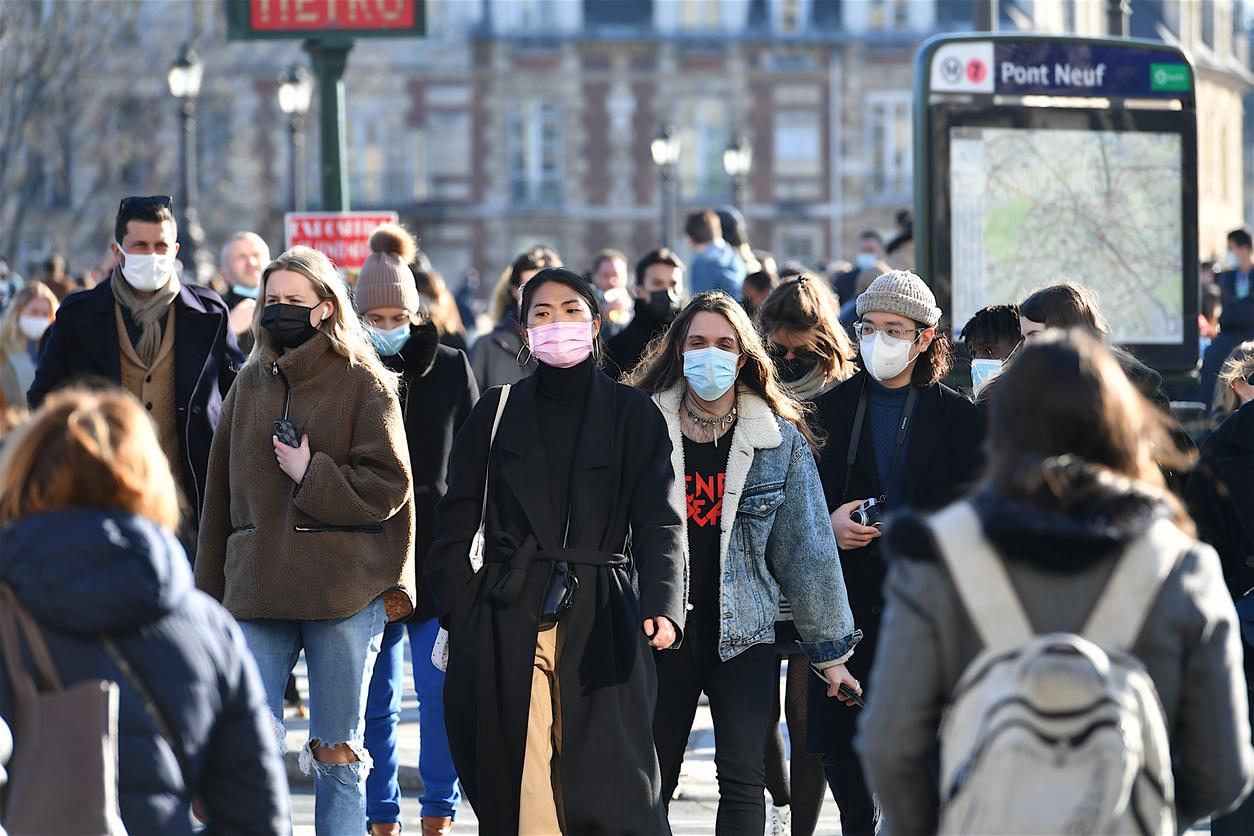Lockdowns and curfews have significantly reduced the transmission of Covid-19. The closure of schools had a more limited effect.

- Researchers analyzed the effects of different measures on reducing the transmission of Covid-19.
- The first confinement had the greatest effectiveness.
- Vaccination has prevented nearly 160,000 deaths and more than 1.4 million hospitalizations.
Almost four years after the start of the first confinement, we know more about the effects of the restrictive measures. French researchers, from the University and University Hospital of Bordeaux, Inserm and Inria (National Institute for Research in Digital Sciences and Technologies), publish the results of a study on the effectiveness of restrictive measures put in place during the pandemic, in the review Epidemics.
Covid-19: how to assess the impact of restrictive measures on the transmission of the virus?
“The Covid-19 health crisis has caused an unprecedented situation, due to the considerable number of deaths and hospitalizations but also in terms of measures introduced to combat the spread of the virus: confinement, curfew, closure of schools and bordersrecall the authors in a communicated. Little data was available at that time to measure their effectiveness.” Today, they believe that it is ““It is essential to estimate the impact of these measures as well as the effectiveness of the vaccine in order to prepare for possible new epidemics.”. To achieve this they developed a mathematical model that includes the impact of non-pharmaceutical interventions and vaccines on SARS-CoV-2 transmission and hospitalization rates. “We adapted the model to complete epidemiological data in France from March 2020 to October 2021.they specify.
Lockdowns are the most effective measures to reduce the transmission of Covid-19
The results obtained show that confinements and curfews had the strongest impact. “The first lockdown was the most effective with a reduction in transmission of 84%they conclude. A curfew at 6 p.m. was more effective than at 8 p.m. (reduction of 68% compared to 48%).” School closures reduced transmission by 15%. On the other hand, the following confinements had less significant effects: the second reduced the transmission of the virus by 74%, and the last by 11%. A simulation showed that confinement in France a week earlier would have avoided 20,000 deaths. “The start of an epidemic is exponential, remarks Professor Rodolphe Thiébaut, professor of Public Health at the Bordeaux Population Health research center and head of this study. It is obviously a heavy decision to confine an entire country but these results can contribute to rapid decision-making in the context of epidemic resurgences..”
Covid-19 vaccine: a significant reduction in deaths and hospitalizations
The researchers also carried out simulations, in particular that of a country without a vaccine until the end of 2021.Data predicts 159,000 additional deaths and 1.48 million more hospitalizations in France in the absence of vaccinationthey observe. That’s double the number of deaths because the epidemic has caused 116,000 deaths in our country and led to 460,000 hospitalizations (according to INSEE).” If a vaccine had been available earlier, after 100 days, “which was the original goal of the International Coalition for Epidemic Preparedness Innovations (CEPI)”, they recall, 71,000 deaths and 384,000 hospitalizations could have been avoided, i.e. almost a third of deaths and three quarters of hospitalizations. “This result emphasizes the importance of rapid and early vaccine deployment. concludes Rodolphe Thiébaut.
The authors of the study warn, however, that it has certain limitations: “the age structure could not be taken into account (which may lead to an underestimate of the effectiveness of the vaccine), just like the closure of non-essential businesses or the specific effect of barrier gestures “. They also point out that these data cannot be generalized to other countries.


















